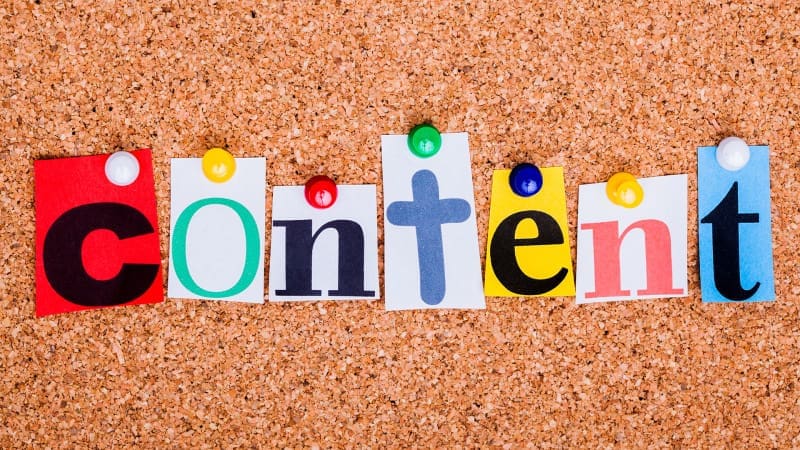
They say that content is king these days in the world of marketing. While this is very clearly the case, content is not something that should be churned out without thought, strategy, or timing. Content for content’s sake will likely do nothing but reflect poorly on your brand making you look lazy or disconnected. On the other hand, a well thought out and cohesive content marketing plan has the ability to catapult your brand into the stratosphere of sales and influence while positioning you as a leader in your industry.Outbound v. Inbound MarketingOne of the reasons that content marketing is so effective is simply because it is passive. Consumers today are research savvy and would much prefer learning about a product or service on their own terms rather than being bombarded by ads or phone calls. Instead of interrupting someone, an effective content marketing strategy allows you to enhance the experiences that they are already seeking. To put it plainly, you can meet your customers where they are already looking.While omnichannel (a healthy mix of inbound and outbound) is by far the best way to approach your marketing strategy, inbound marketing tactics create large returns for a miniscule initial investment. Because customers are coming to you, the likelihood of sales conversions is markedly higher. Essentially, they already are actively seeking out your product or service, while outbound strategies can often feel more like convincing someone that they want something that they might not think they need.However, it is important to remember that your content MUST be compelling, entertaining, informative or a combination of all of the above. Just because you write something does not guarantee that people will care or even read it for that matter. Pay attention to trends in your industry, questions frequently asked by your current customers, and what your competitors are talking about. If a topic continuously pops up, it probably means that there is a fair amount of curiosity surrounding it. Own that topic, put your own unique spin on it, and take the opportunity to teach readers something about it. This creates value and increases your chances of fostering interaction with potential customers or generating leads.Finding Your AudienceIn the travel industry, content should target two audiences: the people who you actually want to visit your hotel and the robots that will crawl your site for SEO purposes. While these are two very different audiences, they are actually looking for the same thing: relevant keywords. In order to determine which keywords might be most relevant for your brand, consider the types of people who already visit your property. Are they families or business travelers? What is the average nightly rate for a room at your hotel? Does your hotel attract adventurers or people who just want to relax?Once you have created a few personas that fit the majority of your guests, put yourself in their shoes. What kind of things might they search for to find your hotel? Romantic Wyoming hotel or best beach hotel in Miami are just a few examples. Keyword research is tantamount in creating a successful content plan and then building your material around those keywords that you deem most relevant.If you are struggling for ideas or inspiration, the internet is awash in helpful tools for determining effective keywords. A few of our favorites are KeywordSpy, SpyFu, and Ubersuggest.Not All Media is Created EqualMuch like inbound and outbound marketing are two very different things with a shared goal, online media comes in various forms as well. For simplicity’s sake, let’s sort all content into the three categories of paid, earned, and owned media.Just as its name suggests, paid media is media that you pay for. This includes paid search and search engine marketing efforts, social media advertising, or any other type of paid distribution system. Paid media is considered the least trustworthy because it is essentially the same as a roadside billboard, designed to manipulate the viewer to take action. As previously mentioned, today’s consumer isn’t stupid. They know an advertisement when they see one, and are less likely to buy into paid media vs. owned and earned media.Owned media on the other hand, is messaging designed by a company for use on its website, blog, or social media fan page. This type of media is usually more informative than salesy, and is typically targeted towards existing customers.Earned media is the holy grail of media types, because this type of media is completely generated by customers. This can take the form of word of mouth recommendations, reviews, blogs about your property or things shared on social media by your fans. This type of media is deemed far more trustworthy than traditional advertising and is therefore more valuable.You can encourage earned media contributions by inviting bloggers to come and stay at your property or hosting social media contests that encourage past customers to post their own pictures of your property.Many companies use whitepapers or infographics as integral parts of their content marketing strategies, but typically in hospitality the most effect content marketing is found on brand websites, blogs, and social media. We will focus more on these in part 2, when we discuss building out your strategy and setting objective later this week.






